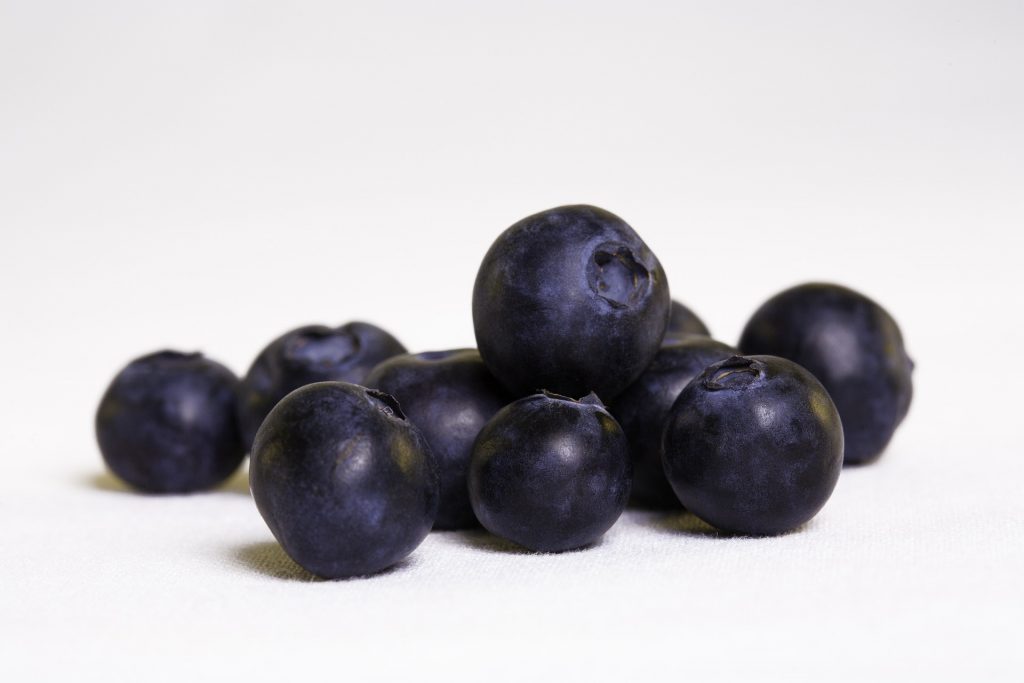 Evidence suggests that free radicals and oxidative stress may be a cause of mood disorders such as anxiety and depression. That both these disorders are associated with increases in environmental stress, and that stress can be a cause of free radical generation, creates a mechanisms by which free radicals and oxidative stress may influence mood. Diets high in antioxidants may be protective of mood disorders, and this may relate to the ability of dietary antioxidants to prevent the deleterious effects of free radicals and oxidative stress. One interesting finding of research is that a large number of drugs that are useful in the treatment of mood disorders including anxiety and depression, are also effective antioxidants in the brain. This has lead to speculation that the antioxidant capacity of mood enhancing drugs may explain their mechanism of action. If drugs used to treat mood disorders are effective because they are able to inhibit oxidative stress, this may explain the beneficial effects of antioxidants in foods.
Evidence suggests that free radicals and oxidative stress may be a cause of mood disorders such as anxiety and depression. That both these disorders are associated with increases in environmental stress, and that stress can be a cause of free radical generation, creates a mechanisms by which free radicals and oxidative stress may influence mood. Diets high in antioxidants may be protective of mood disorders, and this may relate to the ability of dietary antioxidants to prevent the deleterious effects of free radicals and oxidative stress. One interesting finding of research is that a large number of drugs that are useful in the treatment of mood disorders including anxiety and depression, are also effective antioxidants in the brain. This has lead to speculation that the antioxidant capacity of mood enhancing drugs may explain their mechanism of action. If drugs used to treat mood disorders are effective because they are able to inhibit oxidative stress, this may explain the beneficial effects of antioxidants in foods.

A number of mood elevating drugs including imipramine, fluoxetine, sertraline, citalopram and amitriptyline have all shown antioxidant effects in various models of testing, including human trials. The antioxidant effects of polyphenols may therefore explain in part their clinical effectiveness at treating mood disorders. This antioxidant effect may derive from a neuroprotective effect. Berries, cocoa, red wine, tea, fruit and vegetables are excellent sources of polyphenols.
Polyphenols are one class of phytochemicals that have been shown to have antioxidant effects in humans and animals. A large number of polyphenols have been shown to have antidepressant and anxiolytic effects including chlorogenic acid, rosmarinic acid, caffeic acid, quercetin, rutin, epigallocatechin gallate, chrysin and apigenin. A number of these polyphenols have been shown to interact directly with the GABA receptors in the brain that may be involved in reducing anxiety. However, studies have shown that in addition to these GABA effects, polyphenols do appear to have mood elevating effects by other mechanisms, perhaps by their ability to reduce oxidative stress in the tissues of the brain. For example, chlorogenic acid has been shown to interact with the GABA receptor directly conferring an anxiolytic effect, but also confers a general neuroprotective effect in brain tissue, probably due to its ability to inhibit the oxidative stress that damage neurones. Other polyphenols have also shown this dual role.
Eat Well, Stay Healthy, Protect Yourself
RdB
